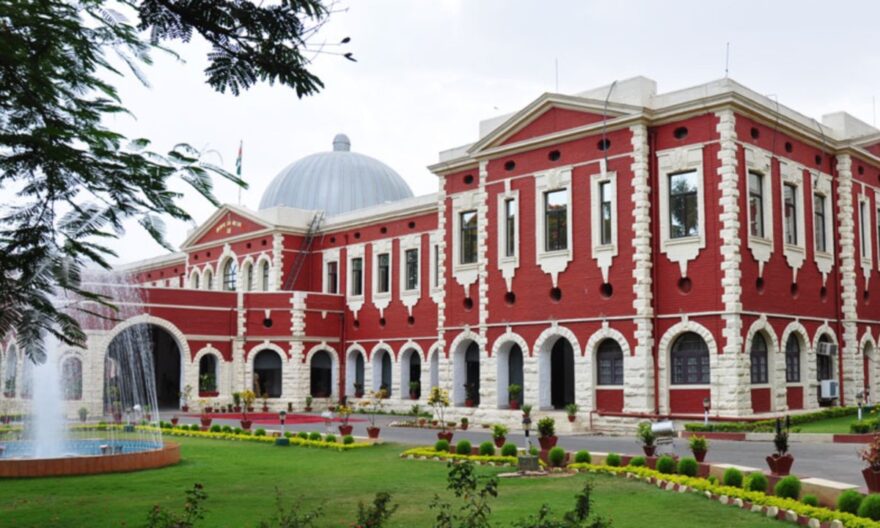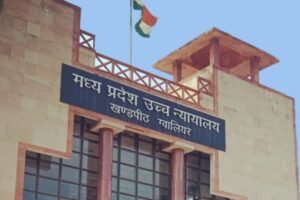
The Jharkhand High Court recently made an observation regarding Section 498A (cruelty to woman) of the Indian Penal Code (IPC). The court acknowledged that while this section was initially introduced with the commendable purpose of penalizing cruelty perpetrated by husbands or their relatives against married women, it is currently being misused.
A single bench of Justice Sanjay Kumar Dwivedi took note of the fact that several courts, including the Supreme Court, have expressed concerns about this misuse.
“Section 498A of the Indian Penal Code was inserted in the statute with the laudable object of punishing cruelty at the hands of husband or his relatives, however, nowadays, the said Section is being misused which has been observed by several High Courts and the Hon’ble Supreme Court,” Justice Dwivedi remarked.
The court noted that concerns have been raised by various courts, including the Supreme Court, regarding the misuse of this section and the disturbing trend of involving the husband’s relatives in matrimonial disputes without considering the potential consequences of such complaints going to trial.
The High Court referred to Supreme Court judgments where the top court had expressed apprehension over cases filed under Section 498A in the heat of the moment, with generalized allegations aimed at implicating the husband’s family members in matrimonial disputes.
The observation was made in response to a plea seeking the quashing of a criminal case filed against Umesh Kumar, Deepti Srivastava, Archna Sinha and Gopal Chandra Sinha (petitioners), who are the family members of a man named Piyush Srivastava, who is accused of being cruel to his estranged wife. The FIR was lodged against the petitioners at the Sahibganj Police Station.
Subsequently, after examining the presence of vague and generalized allegations against the petitioners, the High Court quashed the case against them.
The bench highlighted that the complaint petition did not disclose the specific nature of the alleged torture carried out by the petitioners.
However, the single bench clarified that it did not interfere with the complaint and criminal proceedings pending against the husband.





